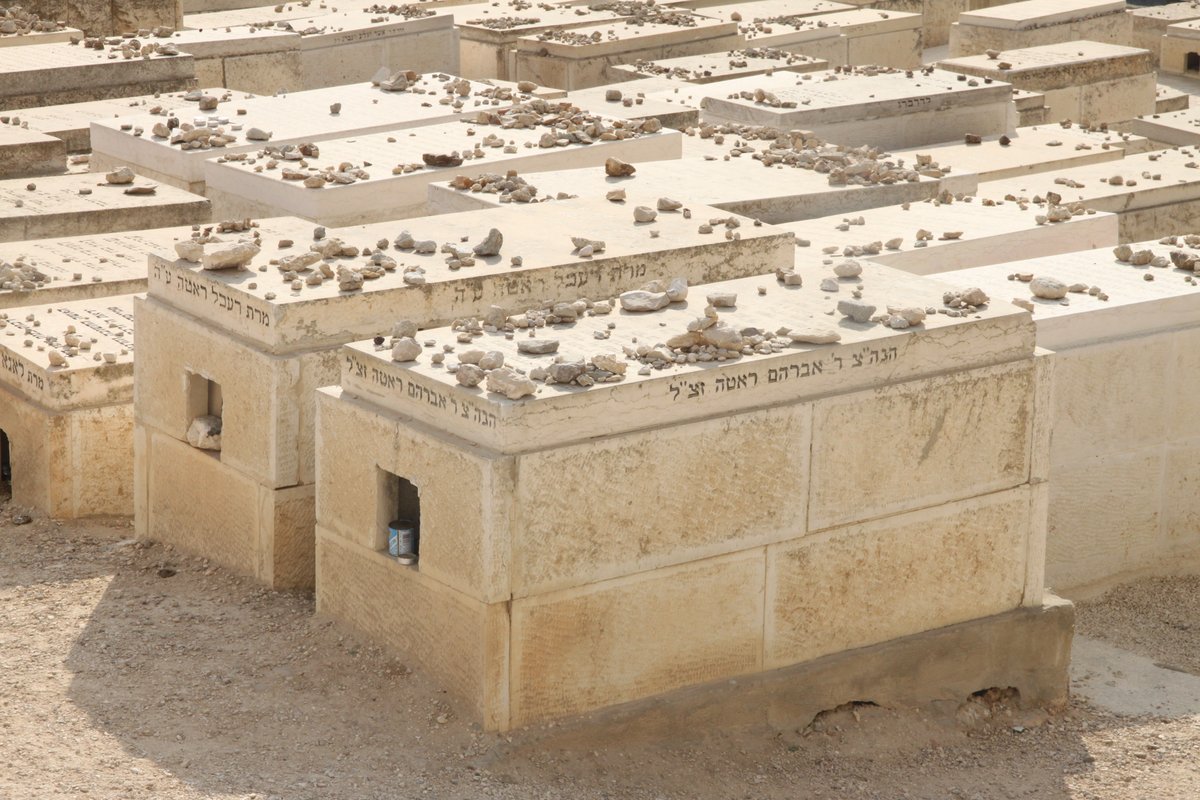
39. When a Greek poet killed the Hebrew poet Solomon Krel
A friend and poet Baldev Mirza, as usual, once sent me a poem along with his letter dated December 3, 1995. Based in Aligarh, he used to publish a poetry journal Skylark. Those days, we the editors of the literary magazines, were corresponding regularly.
All the literary magazine editors were also the publishers putting their hard-earned money and precious time to their endeavors. The readership was good, still it was not materially a profit-making venture rather it was hitting our household expenses.
But we were happy. Every day I used to get dozens of letters – letters written by well-known writers as well as readers.
Those were the days – now unbelievable.
Skylark used to publish mainly translated poetry from other languages and also poems written by Ambassadors and high commission officials, mostly. Baldev had good contacts. So, it was always interesting to read poetry written all over the world.
Now I am sharing here the poem titled ‘Cymbal’ he sent -
Cymbal, a long poem written in Greek by Thodoris Vlachodimitris, one of the leading poets from Greece, which left a deep impact on my mind.
It depicts a tragic incident - an Arab poet killed a Jewish poet and then stabbed himself when he found his own collection of poetry in his pocket.
It is a smouldering indictment of those who promote war and gain by it.
Here are a few lines from the above poem:
We found out from the 'Arkadam'
Husain Ben Benaras
we found out the murder
in the Valley of Arasini
near holy mount Zien
outside Jerusalem’s walls
poet, Husain Ben Benaras
you became a murderer
At Zien
at the once sublime temple
somewhere there
you
Hussain Ben Benaras
aimed at a poet
and killed him
- Solomon Krel
Poet Hussain Ben Benaras
I know
you knew not him
But you knew man well
for you are a poet
Hussain Ben Benaras
you killed the Hebrew poet Krel
In his pocket you found
your own blood soaked
poetry book "Songs in the sand”
he loved your poems
Hussain Ben Benaras
but you pumped your bullets
into him
You, Hussain Ben Benaras
you did it.
In this poem the poet has questioned the validity of war by expanding this tragic incident into a long poem. But what lesson can the aggressors have from this poem?
They are simply concerned with their material and political gains.
We too have inherited full scale violence in the forms of two epics - The Ramayana and Mahabharata.
Is it not the fate of man to kill and be killed?
(Top Photo: A Jewish cemetery; photo courtesy wikipedia.org.)